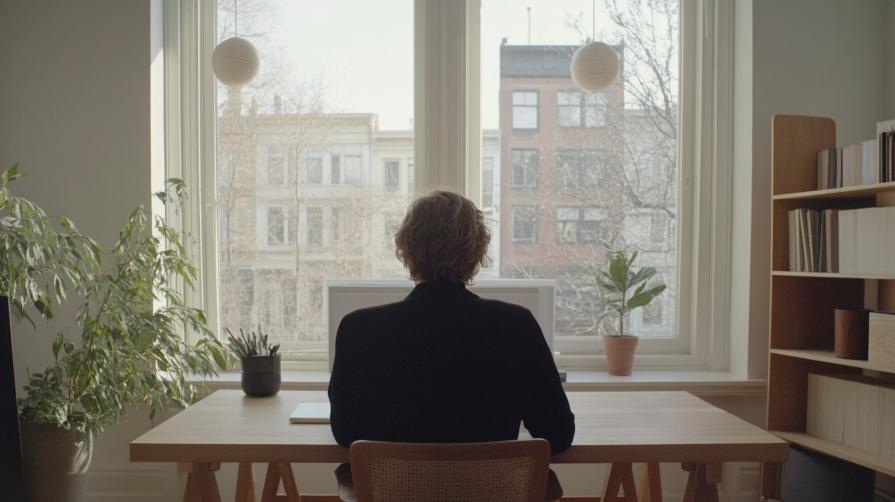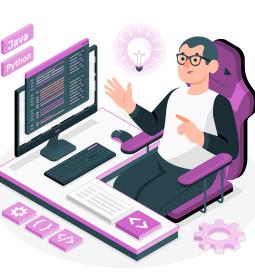Sometimes it is so difficult to force yourself to work, because there are so many interesting activities around! But things will not do themselves, so you need to look for ways to end everything quickly, and then go to rest. We have collected life hacks that will help you become more productive without unnecessary stress.
Sort tasks
Many people do not want to start a large and difficult task, because it seems that it will take a lot of time and take all the energy. The same applies to small tasks, because you have to constantly switch between different tasks.
Psychologist Peter Ludwig recommends dividing large tasks into several small ones, and combining small tasks with each other. Each item should take 30 to 60 minutes to complete. For example, in the to-do list, it is better to write "Reply to all emails" rather than list the names of individual people, and when performing reports , you can divide the task into stages: "Find the information you need", "Check the data", "Draw up a document".
Clearly formulate tasks
Often people procrastinate because they do not fully understand what exactly they have to do. Productivity experts advise describing things more specifically and adding deadlines. For example, instead of "Send a resume", it is better to write: "By 20:00, check the resume, correct errors, if any, and send it to the employer."

Imagine how you solve things!
One of the most interesting ways to motivate yourself, which is often used in sports, is visualization. Just imagine doing a task! A big plus: it will take no more than five minutes to use this technique. Here is one of the options for its implementation:
- Visualize yourself completing the most difficult task. At the same time, difficulty is most often found on an emotional level: the task causes fear, anxiety and other negative feelings.
- Imagine where you start. If you have to write an important report, think about what you need to do first: open the program on your computer, prepare materials, choose a structure?
- Turn on your senses. Imagine the smell of the tea you will drink while working, hear the sound of the keyboard, feel the warmth of the laptop under your hands.
- Think over the process of completing the task: for example, how you will open a document, search for information, analyze data.
- Imagine possible difficulties and ways to solve them. Any job can face obstacles, and it's important to think ahead about how to overcome them.
Once you've thought about it, it's time to start doing the work!
Solve those tasks that have been postponed for a long time
Unresolved matters cause stress and make it difficult to concentrate. Time management expert Allan Scott advises starting the day by tackling the tasks that cause the most anxiety. If the task is difficult, break it down into several stages and complete them gradually: for example, if you need to prepare a presentation, first find materials, then choose a design, and only then start filling the slides.
Find your study buddy

A study buddy helps keep you motivated. People unite to support each other on the way to the goal, and this is very effective. For example, if you want to learn English, a partner with the same goal will motivate you, help you solve difficulties and share useful materials.
Psychologists Tanja van Essen and Henri Schouwenburg say that practicing together increases concentration and discipline, because if someone supports you, it is more difficult to quit.
You can find a study buddy among your friends, on social networks or through special applications (for example, for learning languages).
Combine business with pleasure
Professor Catherine Milkman believes that if people combine useful and pleasant activities, then their concentration increases. It is easier for a person to complete tasks if at least a small part of the process is enjoyed by him! To confirm this hypothesis, Milkman conducted a study that involved 6792 health club visitors. Some subjects were given an audiobook for buying a subscription, while others were asked to choose one of the books they were interested in and listen to it while doing the exercises. So those who listened to an audiobook during classes went to the gym 10-15% more often than those who just got a free e-book!
Think about how you can combine useful and pleasant activities. For example, you can listen to music and work, clean the house and listen to an audiobook, and so on.
Turn off the impulses of "doing nothing"
During these insidious impulses, you begin to think about various pleasant things for you: for example, how to sleep or swim in the sea. It's one thing to dream for a minute, but it's another thing to be distracted for a few hours! Try to minimize impulses: when a distracting thought arises for you, count to ten, take a deep breath, think about how important it is for you to do the current task now, and then return to work.









